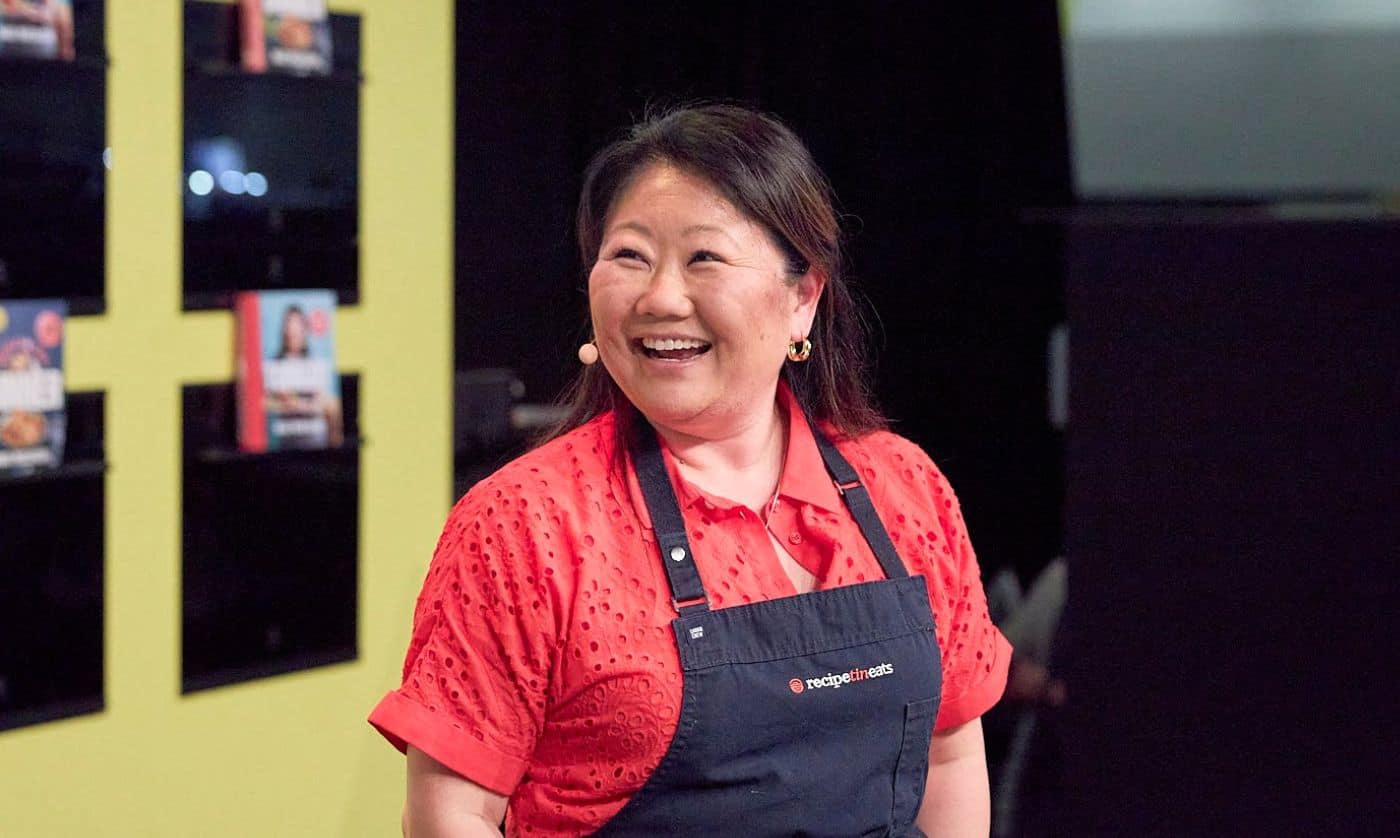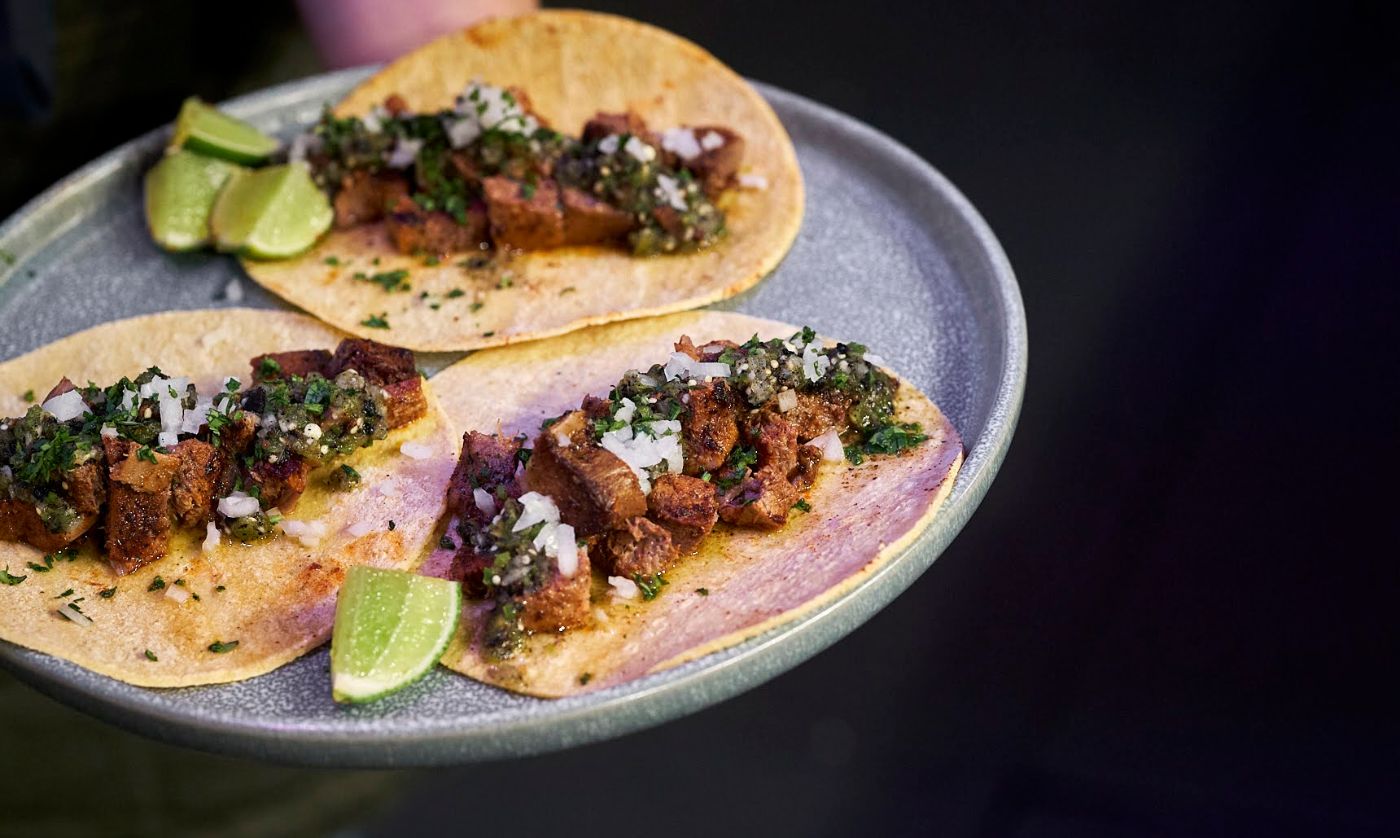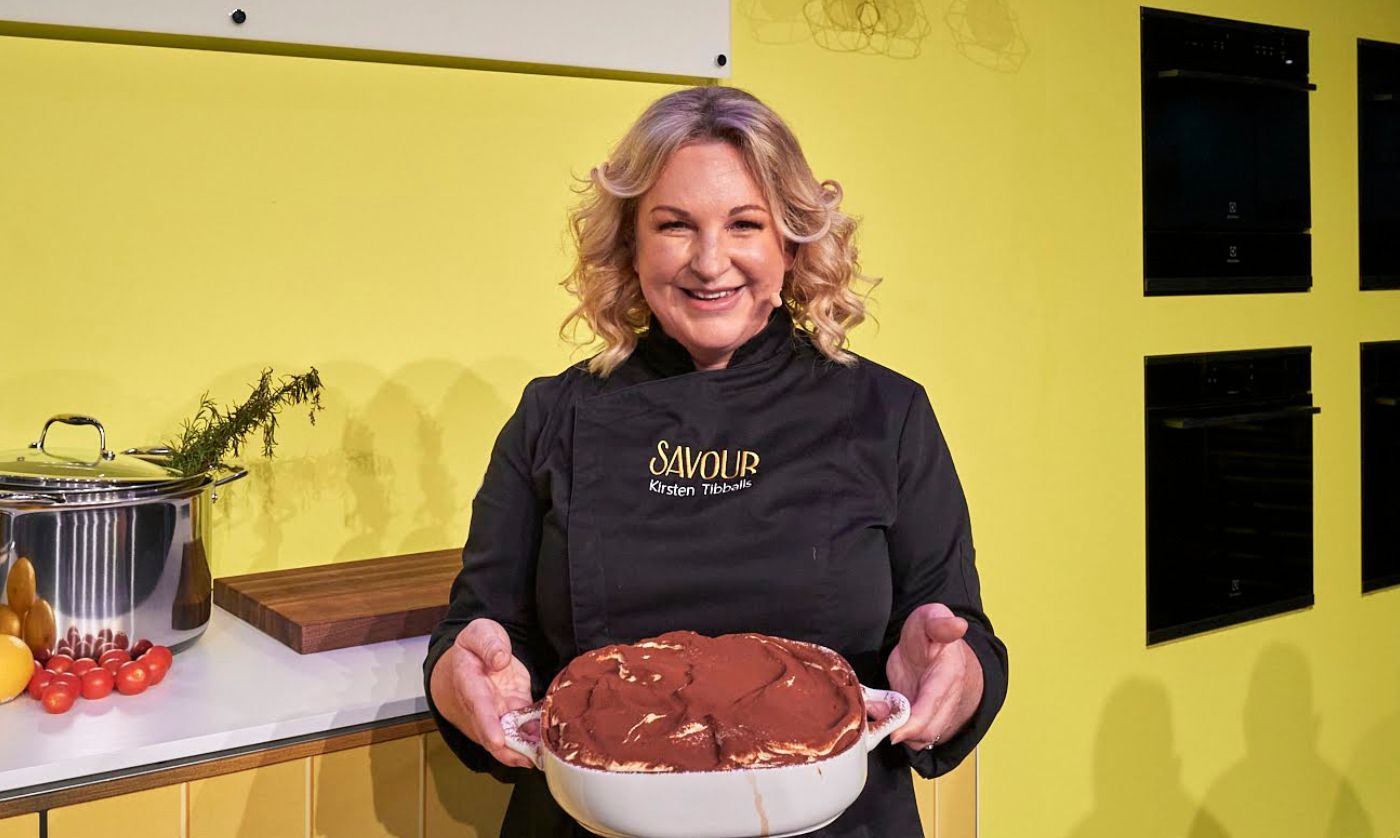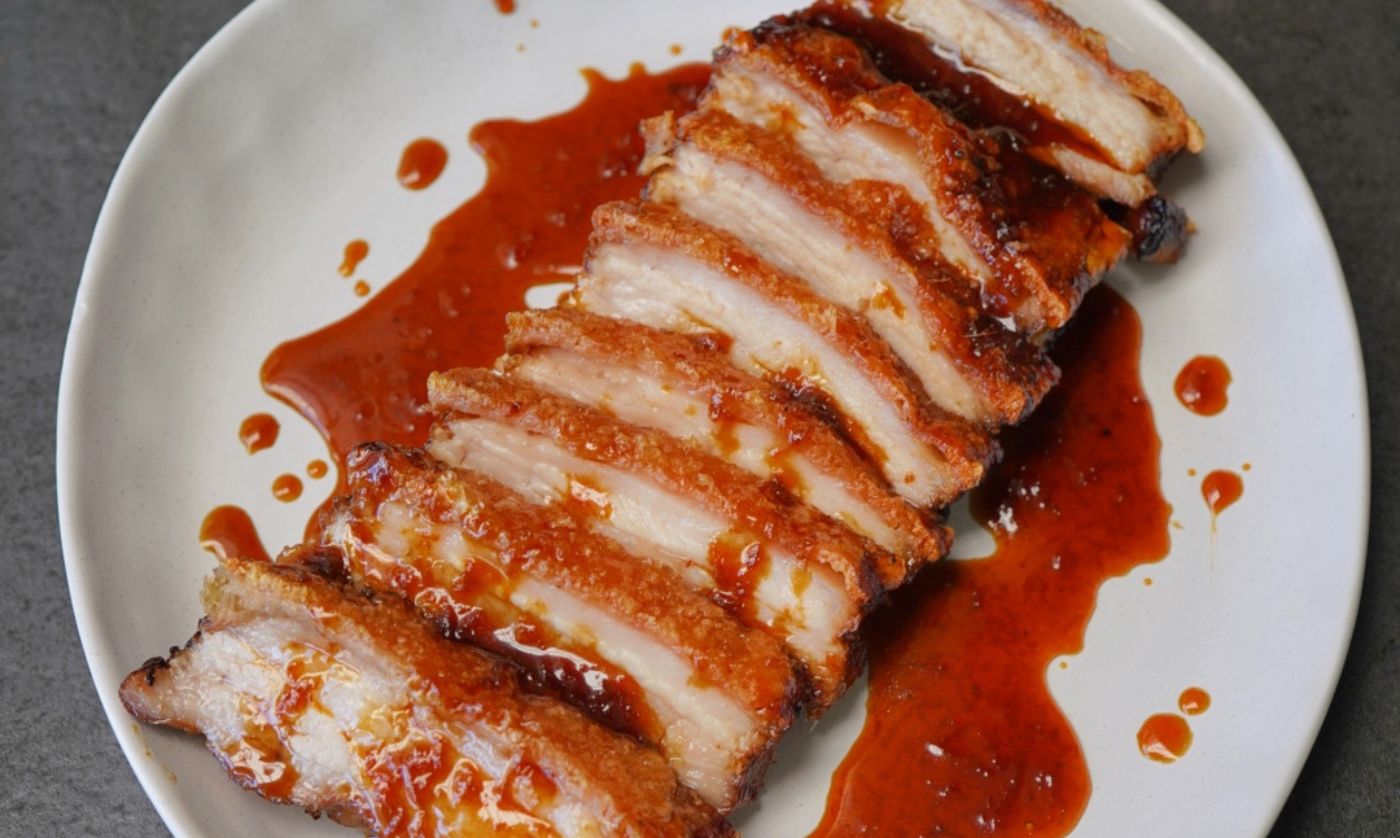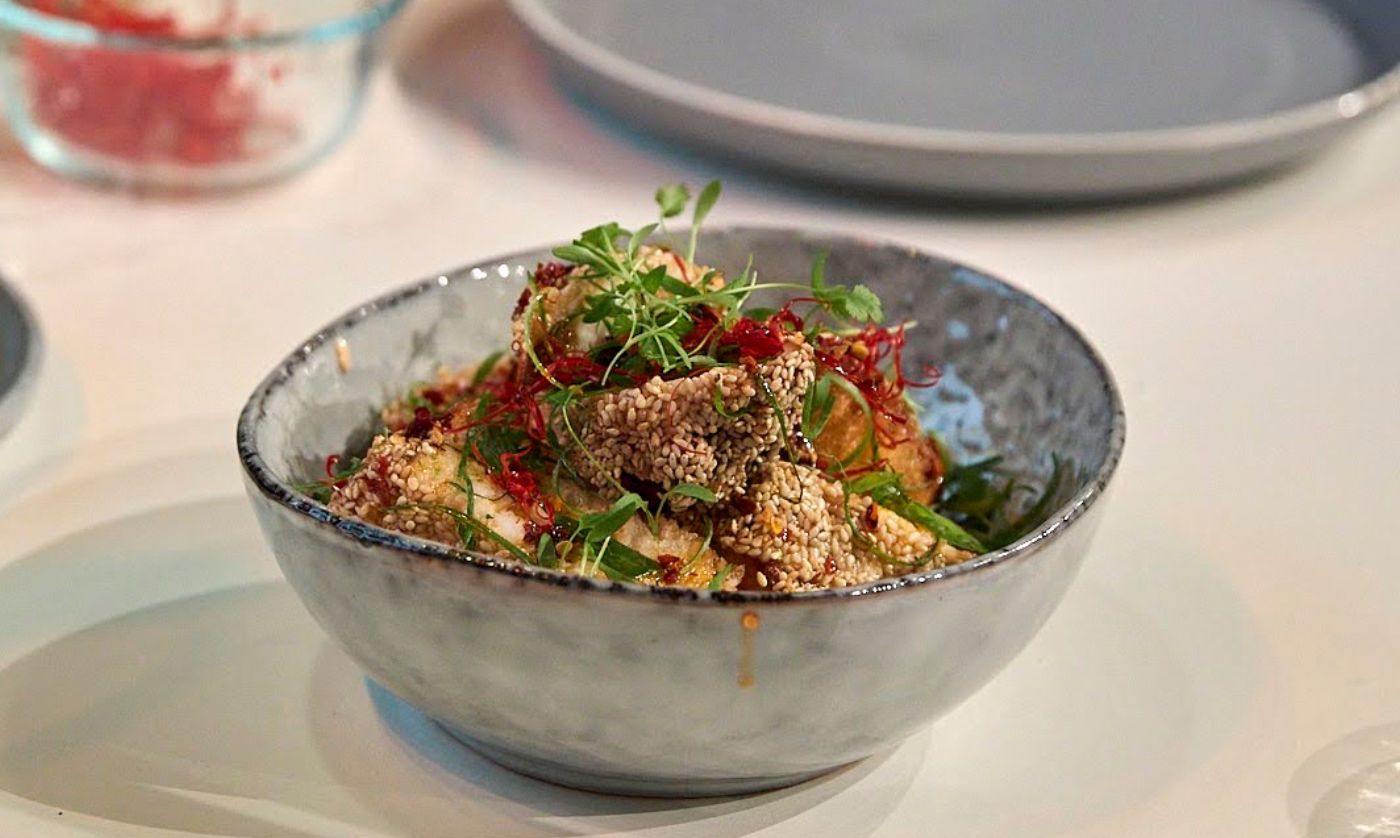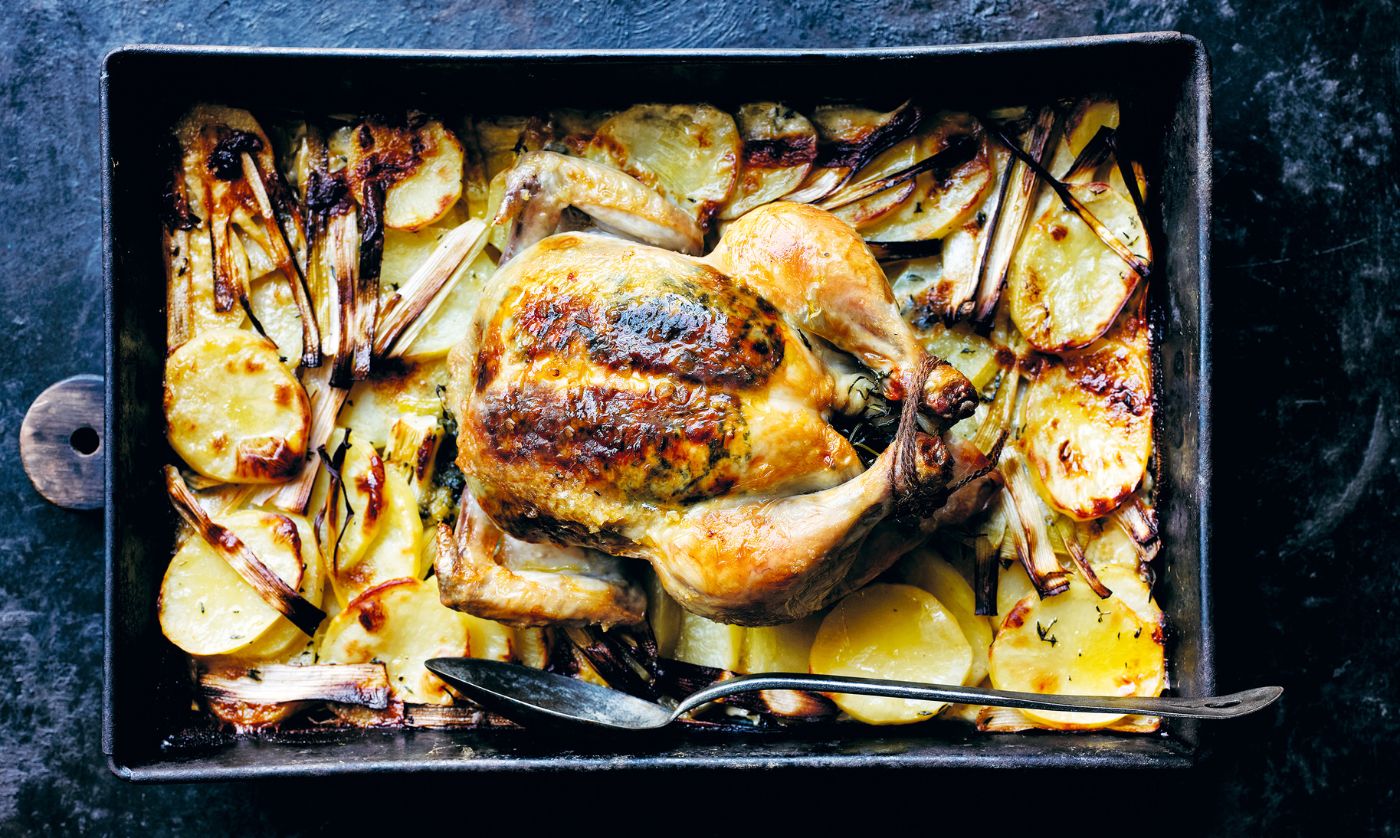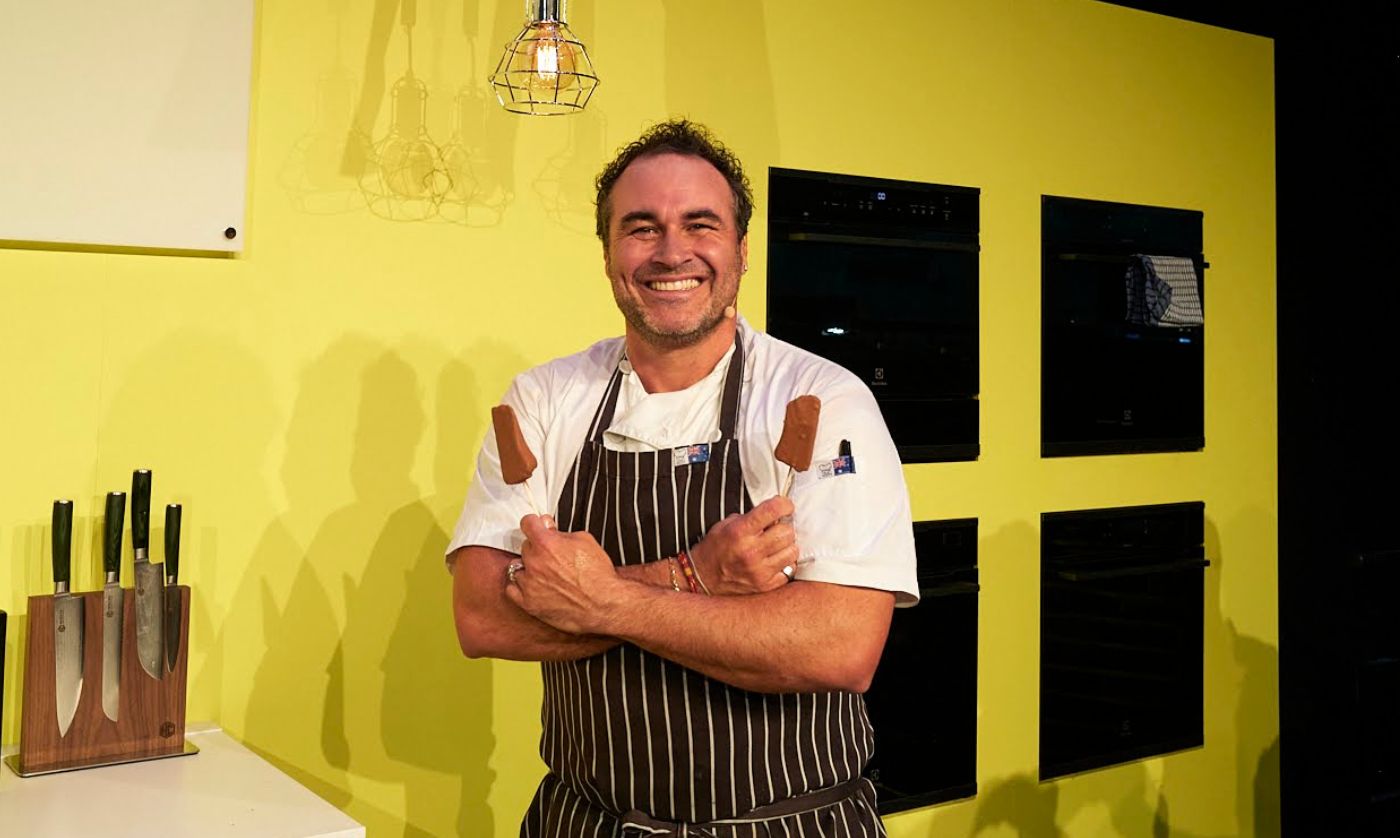Cracking Egg Myths
Published 14 Oct, 2024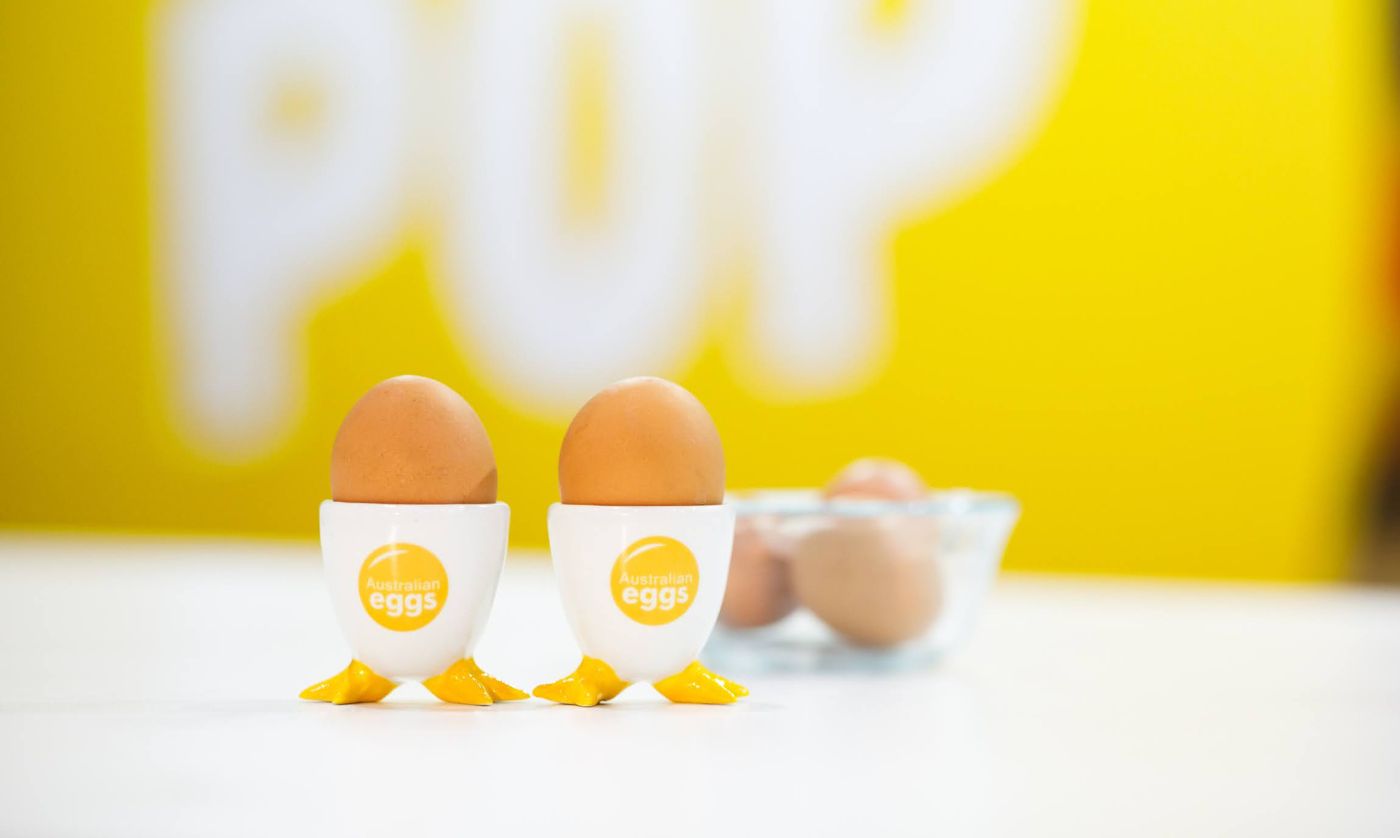
Australian Eggs are taking their ‘Flip It Cooking Stage’ to the Brisbane GFWS.
Before they pop-up in the sunshine state, they’re keen to myth-bust some outdated egg myths.
Let’s crack in!
Myth: The only way to get your Vitamin D is from the sun
Cracked: Wrong! Including eggs in your diet can help you meet your vitamin D needs as they are one of the few foods that contain naturally high levels. In fact, a serving of two eggs provides an average adult with 82% of their daily vitamin D requirement.
Myth: Eggs are bad for your cholesterol levels
Cracked: The latest Heart Foundation guidelines place no limit on the number of eggs healthy people can eat each week. They state that eggs have a minimal effect on blood cholesterol levels and are encouraged as part of a heart healthy eating pattern. The Heart Foundation recommends that people with type 2 diabetes and those with existing heart disease can enjoy up to 7 eggs a week.
Myth: Raw eggs are higher in protein than cooked eggs
Cracked: While raw egg whites have always been popular with athletes and bodybuilders, eating raw eggs offers no major advantages overeating cooked eggs. Raw and cooked eggs have a similar nutritional content with the amount of protein remaining unchanged.
Myth: Eggs are best stored on the kitchen bench
Cracked: The best way to store your eggs is to keep them in their original carton and to place them in the fridge as soon as possible after purchase. Cartons reduce water loss and protect the eggs from absorbing flavours from other foods. Storing eggs loose, or in a specially designed section of the fridge is not recommended as this exposes eggs to a greater risk of damage.
Myth: People with diabetes need to restrict their egg intake.
Cracked: Diabetes Australia recommends that people with diabetes follow the Australian Dietary Guidelines which state, “There do not appear to be any increased health risks with the consumption of eggs”. People with diabetes, or those at risk of diabetes, can include eggs as part of a healthy, varied and balanced eating pattern. The Heart Foundation suggests up to 7 eggs a week for people with diabetes.
Myth: Eggs are high in fat
Cracked: An egg contains around 1 teaspoon of fat, most of which is the healthy unsaturated type, including omega-3s. The Australian Dietary Guidelines recommend limiting foods high in saturated fat as this may benefit blood cholesterol levels. Eggs are relatively low in saturated fat, containing an average of just 1.7 grams per egg (60g).

Jane de Graaff will be hosting the Australian Eggs Flip It Cooking Stage in Brisbane
Now you know fact from fiction, it’s time to get cooking with eggs. Australian Eggs is bringing some of their eggs-perts along to showcase their delicious dishes and egg cooking tips for our Brisbane-based friends.
Introducing Jane de Graaff. #JoyfulFood advocate. Kitchen Hack Queen. TV Presenter, Food Writer & Journalist. Public Speaker & MC. Storyteller. Jane loves everything about her life with food, encouraging people to play with their food and get in elbow deep and give it a go. She encourages people to embrace the idea that all food can be good food, no matter how simple.
Top tips from Australian Eggs Ambassador, Jane de Graaff to elevate your eggs-perience.
- Elevate your fried eggs with chilli oil! This is Jane’s easy way to spice up your mealtimes. Just add a teaspoon to your frying pan, crack in an egg or two and let it cook away. Once it’s cooked to your liking, voila! A delicious, spiced up fried egg.
- Having trouble peeling eggs? Jane’s got the perfect solution. When you’ve finished boiling your eggs, pop them straight into ice-cold water (and we mean ice-cold). This helps separate the egg & its shell for easy peeling.
- For perfect poached eggs, all you need is a large, shallow frying pan filled with simmering (not boiling) water 2/3 of the way up the sides. Crack your eggs straight into the simmering water (making sure the hot water comes up over the top of the eggs), place the lid on the pan and drop the heat right down to low. 4-6 minutes later – depending on how runny you like your yolk – it’s perfectly poached. Works every time, and you can do as many as you like in your nice big pan.
Jane will also be hosting at the Flip It Cooking Stage at the Brisbane show this year, so make sure to head on down for some inspiring convos and demonstrations.
To unpack more egg facts, make sure to check out the Australian Eggs website!

